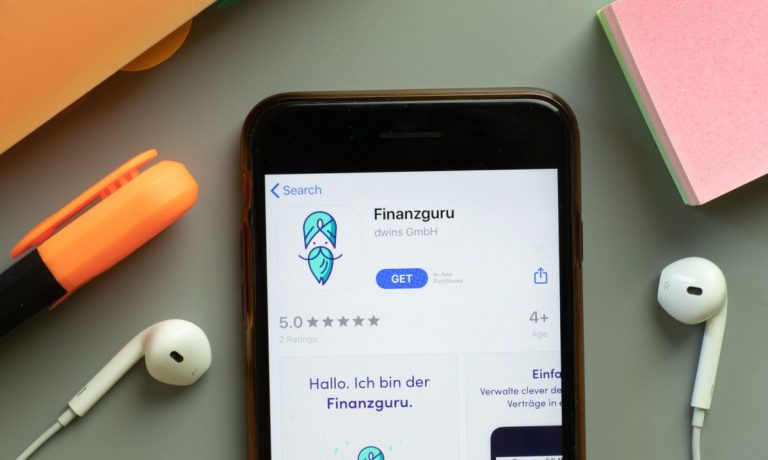Finanzguru Raises $14 Million to Bolster Financial Advice Platform

Germany’s Finanzguru is $14 million richer after a new PayPal Ventures-led funding round.
The Frankfurt-based financial advice/banking app announced the funding — co-led by SCOR Ventures — on Tuesday (April 4), saying it would use the money to expand its platform and “significantly” add to its staff of 70 employees.
Launched in 2018 as a multi-banking app, Finanzguru has since evolved to let customers manage all banking accounts and contracts, while also offering advice on insurance and financial products.
“By adding personal financial advice as an offering in the Finanzguru app, we are meeting a real need in the German consumer market,” said Benjamin Michel, the company’s co-founder and co-CEO. “This has allowed us to greatly expand our business over the past 18 months.”
PayPal Ventures Principal Alexandros Bottenbruch added, “Finanzguru has pioneered a data-driven, open banking solution that democratizes access to financial well-being by removing complexity from personal financial management.”
PYMNTS has noted a number of product launches lately designed to help improve consumers’ financial wellness.
Cash App, for example, recently debuted a feature that lets customers save with a separate balance, create savings goals and round up their purchases to bolster their savings. These functions are meant to make it easy for people to save for the first time.
Meanwhile, Klarna added a feature to its buy now, pay later (BNPL) app that gamifies money management by visualizing spending habits, providing animated quizzes and delivering data from all spending with the company, all designed to help consumers take control of their finances and make more informed choices.
And Quicken in February updated its Simplifi app to users share their financial information with trusted parties, whether that means spouses sharing information to align their budgets, or users helping their aging parents keep tabs on their finances.
“Digitally driven education tips and tools have proven to increase customer loyalty for FIs, so providing budget help and similar offerings may give providers a competitive edge,” PYMNTS wrote earlier this year.
And while people across income demographics may be after these solutions, our research has shown that higher earners are also the most digitally connected.
“Aiming tools toward this demographic may make sense for providers just starting to explore making these offerings available,” wrote PYMNTS.